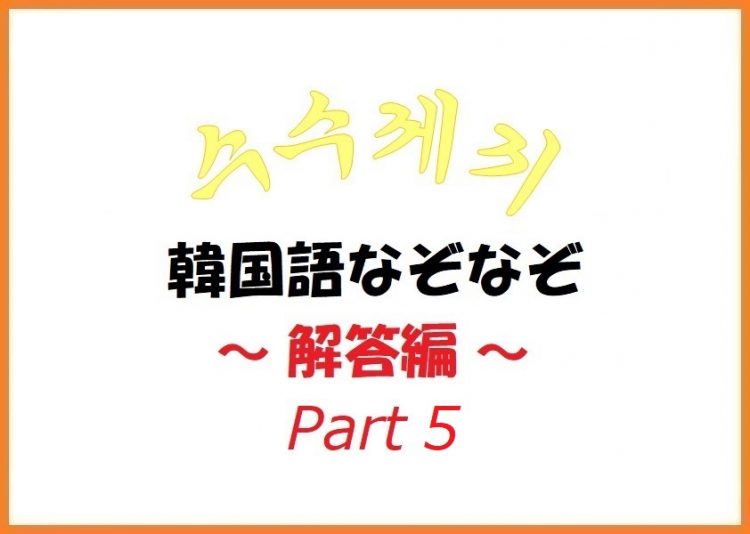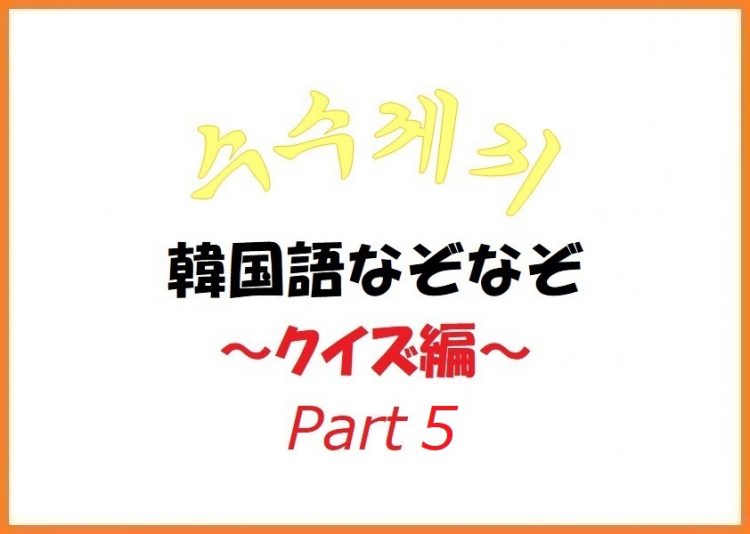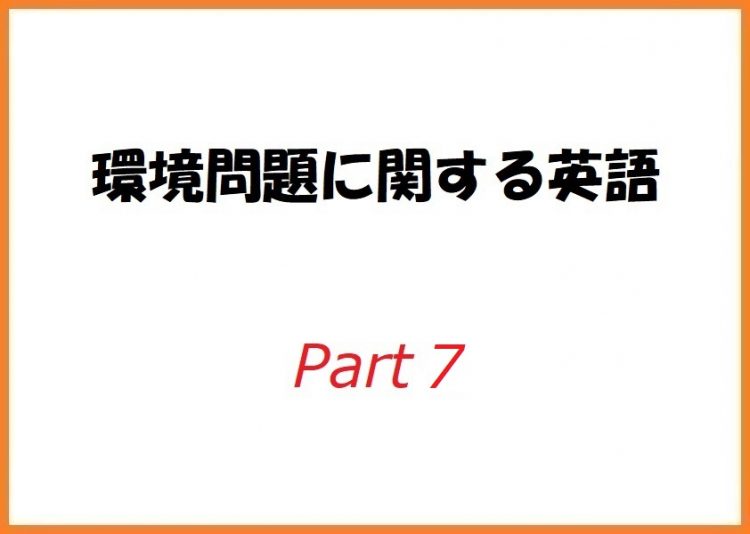最近よく耳にする「デカップリング」とは? Part 1

国家間の関係性について議論されるときに用いられることがある「デカップリング」。
そのほかの用途でも使われているようなので、例をご紹介します。
たとえば
経済成長と環境負荷のデカップリングを達成する社会へ
Towards a Society that Achieves the Decoupling of Economic Growth from Environmental Impact
などと用いられ、その説明としては
環境分野での「デカップリング」とは、環境負荷の増加率が経済成長の伸び率を下回っている状況を指します。
“Decoupling” in the environmental field means the situation in which the rate that environmental impact increases is less than the rate of economic growth.
だそうで、やはり分野によって「デカップリング」の意味は変化するようですね。
低炭素社会の構築に向けては、環境と経済の好循環を図りつつ、経済成長と二酸化炭素排出量のデカップリングを達成し、経済成長をすれば化石燃料の消費が増えるという構造から脱却する必要があります。
To create a low carbon society while ensuring compatibility between environmental conservation and economic development, it is necessary to transcend the system in which economic growth is always linked to increased fossil fuel consumption, by decoupling economic growth from CO2 emissions.
多くの国々や企業が提唱しているこの低炭素社会。
ガソリンに代わるエネルギーとして電気や水素が脚光を浴びていますね。
電気といっても石炭や石油を使用する発電ではなく、太陽光や風力による発電が低炭素社会の優等生というポジションにいるようです。
次回は、環境分野の用語をおさらいすることにしましょう。
それではお楽しみに!












